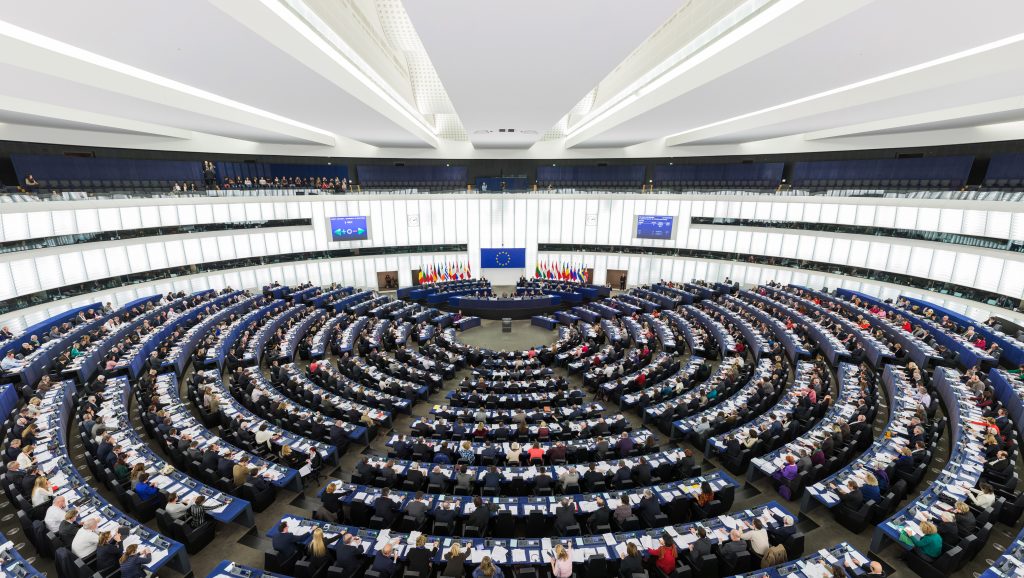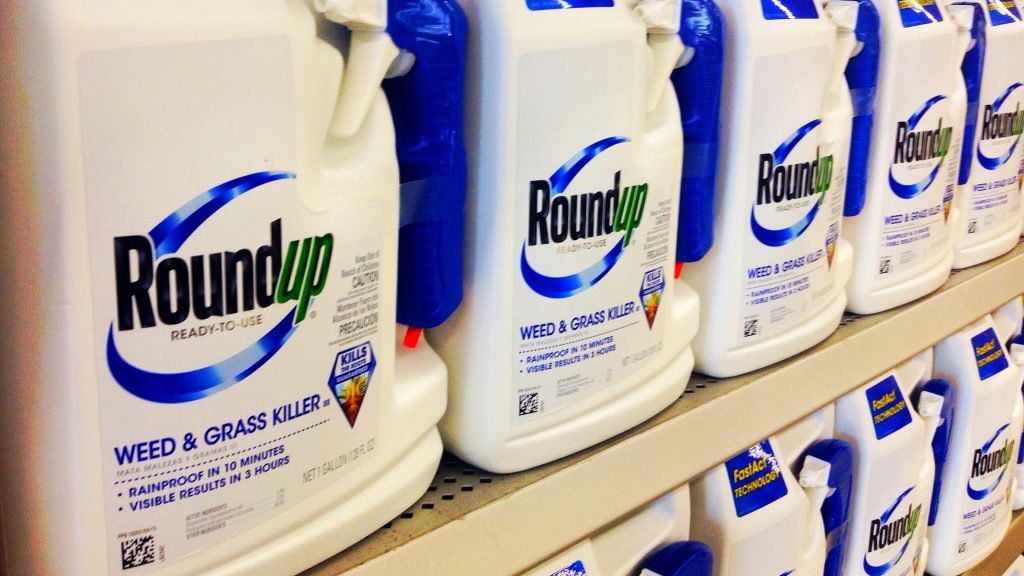Landmark vote on controversial Glyphosate license delayed

October 25th, 2017
The much-anticipated vote by the EU Member States on the European Commission’s proposal for a ten-year extension for glyphosate failed to go ahead today as planned.
The European Commission said in a statement that the Commission’s Standing Committee on Plants, Animals, Food and Feed did not vote on the controversial topic this morning.
The Commission added that the date of the committee’s next meeting will be announced shortly, although it is expected to be in November.
According to Politico, the initial round of votes to renew glyphosate’s license for 10 years “failed to attract sufficient support” and fell short of the threshold for a qualified majority.
Sixteen Member States, including Ireland, voted in favor of the renewal, Politico reported this morning.
Greenpeace EU food policy director Franziska Achterberg welcomed the news that the Commission has “failed for the fifth time in a row” to gain sufficient support to renew glyphosate’s licence.
Ms Achterberg called on the Commission to back a ban as the “tables are turning” on glyphosate, which she labelled as “the asbestos of our generation”.
The European Parliament yesterday backed a full ban on glyphosate-based herbicides by December 2022.
Over 350 MEPs voted in favour of the motion, which also seeks a complete ban on household use and a ban on farming use when biological alternatives work well for weed control.
MEPs did back a Commission plan to limit the amount cadmium – classed as carcinogenic to humans – allowed in mineral fertiliser products sold across Europe to 20mg/kg.

Cautious welcome from NGOs
The Parliament’s proposal is a “breath of fresh air” according to Greenpeace EU food policy director Franziska Achterberg, although she said that that the phase-out period is “longer than technically needed”.
Friends of the Earth Ireland Director Oisin Coghlan welcomed the move, while also stating that he “would have preferred a short lead-in period to the ban”.
Both NGOs are now calling on the European Commission to follow the Parliament’s lead.
“The Commission needs [to] copper-fasten the deadline for the phrase out of glyphosate in no more than 5 years,” said Mr Coghlan.
Ms Achterberg said that it is time for the Commission and national governments to listen to the people of Europe who support a ban on glyphosate.
A petition signed by 1.3 million people across Europe was delivered to the European Commission (EC) in July calling on the EU to ban glyphosate.
The petition also called on the EC to reform the pesticide approval procedure and to set EU-wide mandatory reduction targets for pesticide use.

RoundUp Monsanto Photo: Mike Mozart
Glyphosate Controversy
The EU risk assessment process of renewing the substance’s license has been mired in controversy.
The International Agency for Research on Cancer (IARC), the specialized cancer agency of the World Health Organization, classified glyphosate as probably carcinogenic to humans in 2015.
However, the European Chemicals Agency (ECHA) has said that there isn’t enough scientific evidence currently available to prove that glyphosate causes cancer, with the European Food Safety Agency (EFSA) arriving at the same conclusion in November 2015.
However, in a letter sent to EC President Jean-Claude Juncker in March, a group of 30 MEPs questioned the validity of a study used by the EFSA in its assessment. According to the letter, the study was co-authored by a former Monsanto employee.
Monsanto Papers
Glyphosate is the active ingredient in Monsanto’s Roundup product, the world’s most widely used herbicide.
MEPs discussed the “Monsanto Papers” at a public ENVI hearing last week. The Papers include a host of documents from US regulators and US scientists, as well as thousands of pages of internal Monsanto emails, memos and other documents.
Speaking at the hearing, investigative journalist Carey Gillam of U.S. Right to Know said that the Monsanto Papers highlights how Monsanto has “ghostwritten research papers that assert glyphosate safety for publication and regulatory review”.
She also said that the Paper reveals how Monsanto “enlisted” three EPA officials to block a 2015 Glyphosate Review by the U.S. Agency for Toxic Substances and Disease Registry that “Monsanto said would likely agree with IARC”.
[x_author title=”About the Author”]







